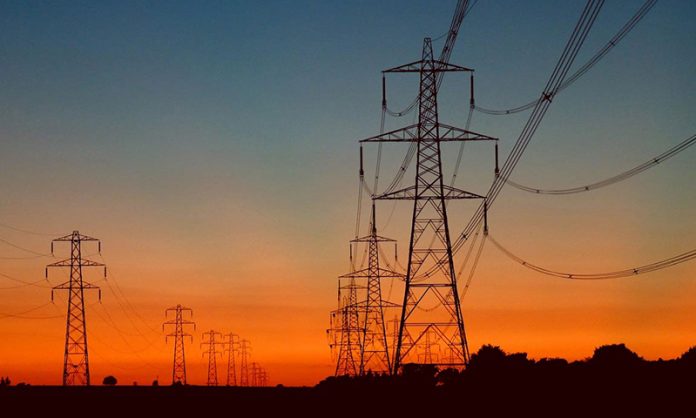The government is mulling banning the use of furnace oil and high-speed diesel in electricity production and allowing only coal and imported gas to produce cheap electricity, a senior government official is reported to have said.
As per the proposal, existing power plants which utilise furnace oil and high-speed diesel will switch to re-gasified liquefied natural gas (RLNG) and coal.
The proposal is being considered in the wake of the rising oil import bill to support electricity generation.
The Ministry of Petroleum and Natural Resources asserts that RLNG is the only cheaper source of electricity generation and is seeking a ban on the consumption of furnace oil, coal and diesel in power plants in order to improve plant efficiency and save billions of dollars.
Talking to media sources, the senior government official stated that the Ministry of Water and Power and the Ministry of Petroleum are devising a plan to allow balanced fuel conversion programme, which would be submitted to Prime Minister Nawaz Sharif for approval.
On the basis of fuel efficiency, the cost of consuming RLNG in Bhikki power plant stood 97pc lower than the cost of furnace oil used in Muzaffargarh thermal power station.
Similarly, the cost of RLNG is 83pc less than the cost of high-speed diesel being consumed in Saif power plant.
The ministry informed that Pakistan could save $6-8 b in four years by running Bhikki-type plants on RLNG in comparison to the current furnace oil-based power generation.
In addition, an international study suggests that coal had been an economical fuel over the past 50 years and is expected to continue so for the next 50 years as well. This is essentially the reason why electricity is generated in many countries using coal. Pakistan is considering doing the same.
“The prime minister has directed the Ministry of Water and Power and the Ministry of Petroleum to frame a balanced fuel conversion plan for power generation, switching from furnace oil and high-speed diesel to RLNG and coal,” the official stated.
At present, hydroelectric power has a share of 34pc in power generation mix, furnace oil 29pc, locally produced natural gas 19pc, LNG 8pc and renewable and nuclear energy 5pc each.




